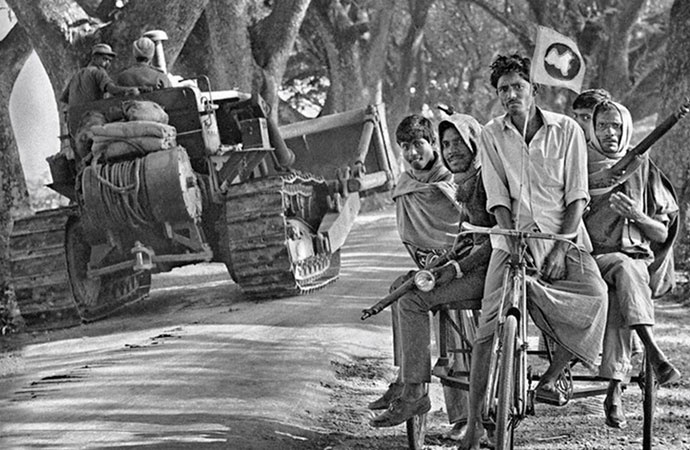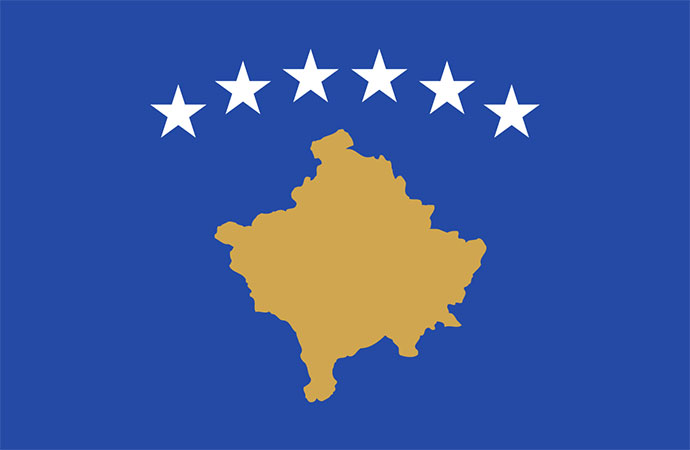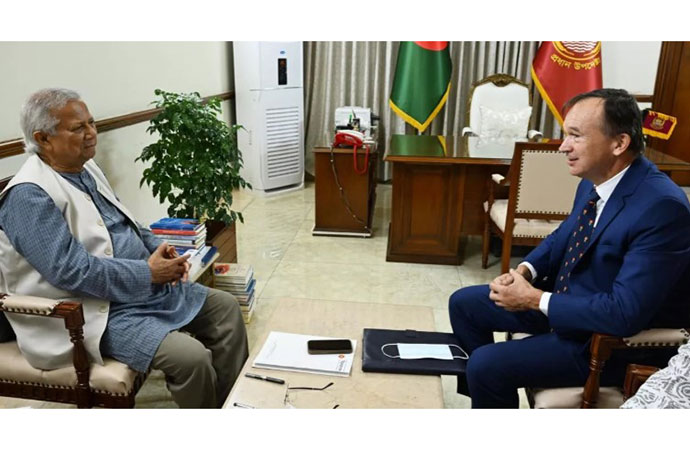Column

Photo: Collected
I began as a part time university teacher in 2012 after I returned from Canada. I had no idea what I would be able to do when I returned after 5 years. Luckily I was offered a job in BDnews 24 as an Executive Editor, an outfit where I used to write regularly. It was entirely due to the generosity of my friend and colleague, Towfiq Imroze Khalidi, the Editor. I rejoined mainstream media full time after a decade.
Within a couple of months, BRAC offered me a job which was another big break. I had left for Canada resigning from BRAC and its founder Fazle Hasan Abed was never happy with my decision. He was himself an expatriate once, living and studying in the UK but in the end after much sacrifice at the professional and personal level returned back to East Pakistan/Bangladesh. He then got involved with many activities and all that led to the founding of BRAC in 1972.
The key mover was Asif Saleh, current CEO of BRAC, another friend and expatriate who was in charge of the Communications cluster in BRAC which I joined as Sr. Adviser.
I had worked with both media and development before but something else came up, an opportunity that had a profound influence on me in many ways.
Bangladesh Ekattur - Bangladesh 71 - and a new journey
I had been involved with research on 1971 history professionally from 1977 onwards. In 2002, we began to compile our work along with conducting field based new research. All this culminated into a 4 volume book - Bangladesh Ekattur - Bangladesh 1971.
It was a massive work covering many areas not done much before including on the role of women, Hindus and villages in general. Some controversial areas were covered including the historical fate of the Urdu speakers in Bangladesh in 1971. They were victims of history who had migrated from India to what they thought was "Pakistan" but it was never really part of central Pakistan so from the beginning they were outsiders. The 4 volumes together were about 3000 pages and is still our most comprehensive work. I was the Editor and the work had gained positive vibes.
So when another friend Firdous Azim asked me to teach a course on the "Emergence of Bangladesh" in her English and Humanities (ENH) Department at BRAC University, I was very happy. So I was doing several types of work but teaching was its own world where I hadn't been. It recharged my life and thus also began my own journey of trying to understand and explain the complex history of 1971 to myself and to those who wished to know.
Learning and unlearning history
Just like the History Writing Project led by Hasan Hafizur Rahman which I joined in 1977 changed my research direction leading to the paths of 1971 history, joining the University and teaching the topic from the ancient era of the region to that of 1971 also changed my historical perspective profoundly.
I realized that asking one simple question was very important when it came to 1971. When did 1971 begin? It's not an intentionally quizzical question, because as I read a long stretch of history it was obvious to me that it's a continuous process of events caused by the past and moving forward in the present. It's not a segmented reality but a fully connected never ending flow of events that keeps happening as part of a long chain.
We tend to look at major events such as 1971 as sudden reactions to this or that but teaching history of a people for over 2500 years I saw the continuity, the whole as one. It seemed to me that we were choosing to look at history by dividing and bifurcating them into eras and events rather than as a continuous process.
The unbroken chain of events
History is a chronological chain locked by time and what happens today may well be rooted in what happened many years ago that was building momentum over time till it exploded. We never noticed it began many years back but we missed seeing that. We were too busy looking at the present to notice our past.
So I, the teacher, had become a student of his own class and lectures. I learnt how struggles change and morph over time but they are the same struggle in essence, motivated by the same aspiration for a better life. Because we read history split into courses and chunks we never see the big picture which makes history one single reality.
After returning in 2012, I have published a dozen books and ran large and small projects on the topic and they carry my freshly learned idea of history which I learnt not studying in a classroom but teaching it, letting facts decide what happened and what we may conclude from it.

























Leave a Comment
Recent Posts
Religion and Politics: A Toxic ...
At Dhaka University, cafeteria workers have been told not to wear shor ...
Enayetullah Khan joins AsiaNet ...
AsiaNet’s annual board meeting and forum was held in Singapore, ...
In a New York minute
Many leaders back a UN call to address challenges to ..
Defaulted loans at Non-Bank Financial Institutions ( ..
How the late Zubeen Garg embodied cultural affinitie ..